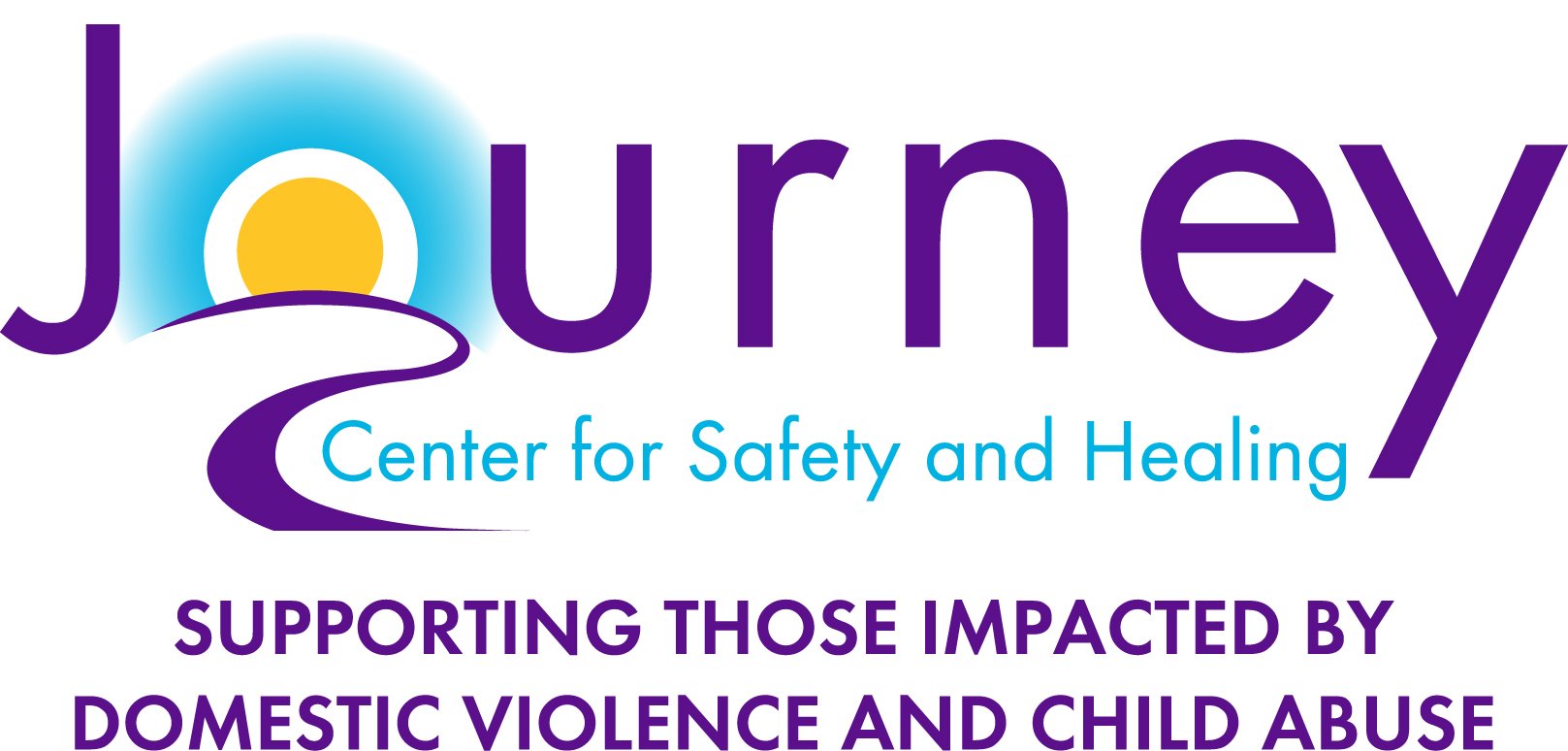Let's Talk: Overlap of Child Abuse & Domestic Violence
Domestic violence is generally understood to affect the well-being of children. Living in a home with domestic violence can increase a child’s risk of neglect and physical abuse. At least 1 in 7 children have experienced child abuse and neglect in the past year.
Each year, approximately 304 million children between the ages of 3-17 are at risk of exposure to domestic violence. Although many children who experience abuse do not become violent later in life, there is a substantial risk that violence in the family is transferred from generation to generation.
Domestic violence can be traumatic for the whole family, and especially for children who witness the abuse of a parent. Even if the children are not physically abused, exposure to the trauma of domestic violence can cause long-term harm, including:
Injury
Future victimization & future perpetration
Substance abuse
Delayed brain development
Lower educational attainment
Young children who witness domestic violence may revert back to behaviors they exhibited when they were younger, such as bed-wetting, increased whining, and they may show signs of severe separation anxiety. School-aged children may not want to participate in school activities and get into trouble more often. Teens who witness abuse may act out in negative ways, such as fighting with family or skipping school. They may also engage in risky behaviors, such as using alcohol or drugs.
Signs and indicators that a child has witnessed domestic abuse can include:
Withdrawn or detached behavior
Frustration or aggression
Bullying peers
Anxiety, depression, or suicidal thoughts
Drug or alcohol use
Difficulty developing positive peer relationships
Domestic violence has the potential to leave lasting marks on direct and indirect victims. With psychological challenges like anxiety and depression likely to develop from domestic violence—receiving appropriate care can help to manage these effects in children. The ultimate goal of Child Abuse Prevention Month is to enhance family safety, create stability for children, reduce removals of children from non-offending parents, and hold abusers accountable.
We are always here for you when you need to talk. Call or text our 24-Hour Helpline: 216.391.4357 (HELP) or live chat.
